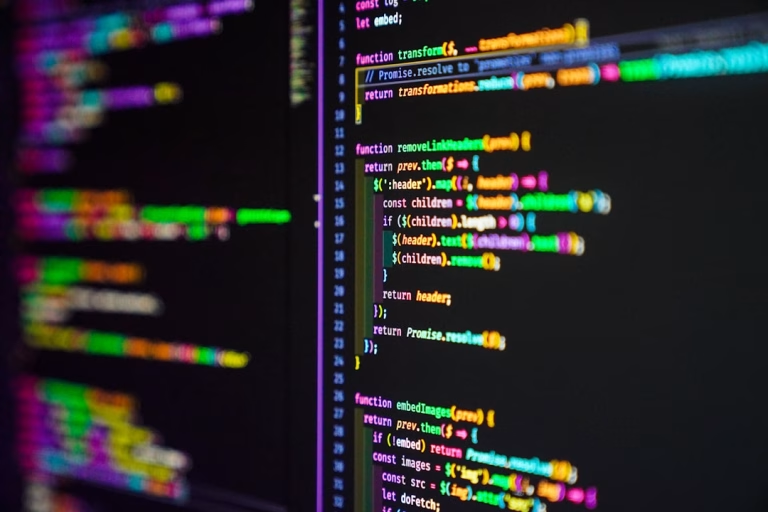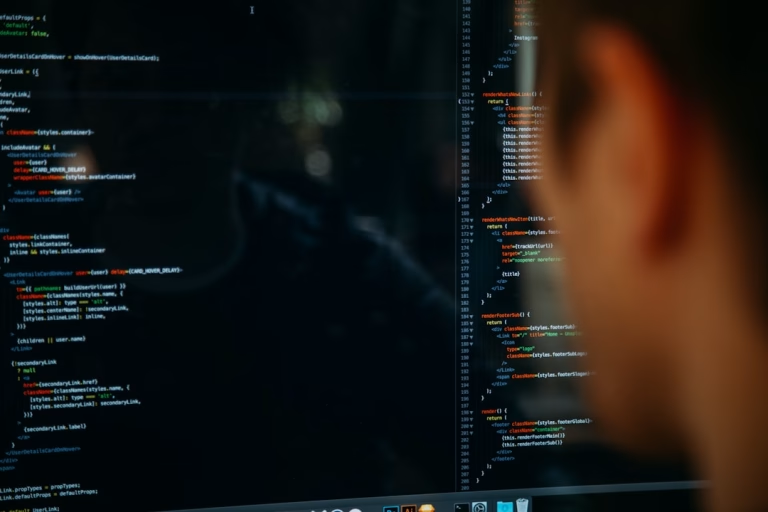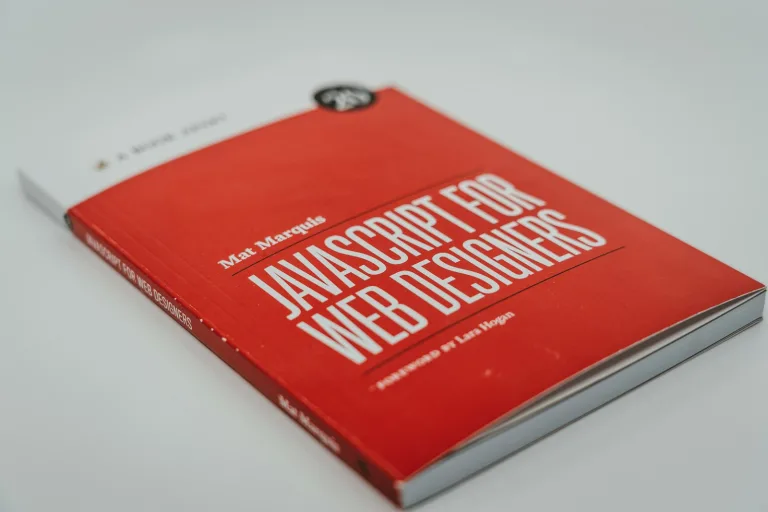A Beginner’s Guide to Scala
A Beginner’s Guide to Scala
Welcome to the world of Scala, a high-level language that offers variety and flexibility for both object-oriented and functional programming styles. As a beginner, plunging into Scala might seem daunting, but with the right guide and an eager mind, your journey through Scala will be nothing short of exhilarating.
What is Scala?
Scala, acronym for ‘scalable language’, is a modern multi-paradigm programming language designed to express common programming patterns in a concise, elegant, and type-safe way. It smoothly integrates features of object-oriented and functional languages, making it a great tool for developers.
Getting Started with Scala
Let’s go over the steps you need to take to start using Scala, including setting up the necessary development environment.
- Download and Install Java: Scala runs on the JVM (Java Virtual Machine), so you’ll need to download and install Java if you haven’t already.
- Download and Install Scala: You can download Scala from the official website. Remember to choose the version that suits your needs best.
- Setup Scala IDE: A good IDE will make your programming journey a lot smoother. IntelliJ IDEA and Eclipse are popular choices among Scala developers.
Basic Syntax
Once you’ve set up your environment, it’s time to familiarize yourself with Scala’s basic syntax. Let’s look at a few key concepts:
- Val and Var: Scala uses ‘val’ to denote a fixed value (constant) and ‘var’ for variable values.
- Data Types: Scala has all the standard data types of a programming language, such as Int, Double, Boolean, etc.
- Functions: Scala’s syntax for defining functions is somewhat similar to other languages, but it’s important to understand how they can also be used as first-class values.
- Classes and Objects: Scala is a pure OOP language, so understanding the concept of Classes and Objects is crucial to mastering Scala.
Conclusion
While this primer covers the basics, Scala has much more to offer. With its integration of both object-oriented and functional programming features, it provides a more flexible and powerful way to write code. So, start experimenting, coding, and creating with Scala today!






